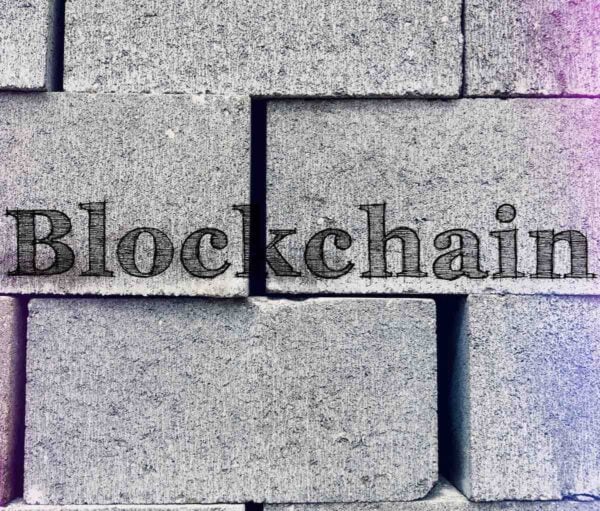 IOHK (or Input Output Hong Kong), an organization focused on supporting open-source projects such as Cardano (ADA), a major platform for building decentralized applications (dApps), has announced the first winning proposals for Project Catalyst.
IOHK (or Input Output Hong Kong), an organization focused on supporting open-source projects such as Cardano (ADA), a major platform for building decentralized applications (dApps), has announced the first winning proposals for Project Catalyst.
The community has spoken and 11 initiatives are now expected to acquire funding in order to further enhance the Cardano ecosystem.
As explained by IOHK, Project Catalyst is “an ongoing experiment” in exploring or looking into different ways that “decentralized” innovation and collaboration can be carried out “at its highest level.” As the initial stage in the Voltaire roadmap, it aims to challenge ecosystem participants to “pool their ingenuity, creativity and passion to identify ground-breaking projects that support Cardano’s growth,” the IOHK team noted.
Fund2 was reportedly the first time that Project Catalyst participants had the opportunity to pitch, debate, refine, and vote on various proposals using “real” ADA, which is the native cryptocurrency for Cardano’s distributed ledger technology (DLT) network. As confirmed by IOHK, this was “aimed at enhancing and bringing new value to Cardano.”
As mentioned in blog post published by IOHK:
“We challenged Fund2 participants to come up with ways to encourage Cardano ecosystem development in the next six months. With an available initial ADA fund worth $250,000, we are able to fund 11 proposals.”
The IOHK team confirmed the following funded proposals as part of Fund2:
PoolTool platform upgrade: This project aims to open up “avenues to build businesses and applications on Cardano that differentiate between stake pool operators by offering additional products.” This update is aimed at promoting infrastructure “diversity” across the Cardano ecosystem.
Ouroboros over RINA: Deploying a proof of concept (PoC) stake pool and relay solution of Ouroboros over RINA by using “Ethernet/WDM at two sites in Tokyo, Japan.”
Haskell/Plutus/Marlowe education: Developing educational material or content that aims to convey complex ideas and information in a structured manner, “supplemented with examples that inspire ideas.” This proposal aims to “make it easier for new developers and entrepreneurs.”
Create a message-signing standard: “Generating a message-signing standard to prove reserves, identity, and stake pool delegation. “
Liqwid: Cardano lending markets for decentralized finance or DeFi: Developing an open-source, non-custodial liquidity protocol to “earn interest on deposits and borrow assets on Cardano.”
Cardano for mobile (decentralized application) dApp developers: “Turning mobile platforms into the first-class citizens of the DApp world with mobile SDKs, mobile-first DApp experience and app store compatibility.”
GimbaLabs – starter kits and tools: GimbaLabs is a startup platform “providing free and open source APIs, lessons, and project-based learning resources to help people bring their ideas to life on Cardano and so drive adoption of the blockchain.”
Lovelace Academy for Marlowe and Plutus: Establishing an online academy “to attract, inspire and educate individuals and companies to create applications on Cardano’s smart contract and native assets platform.”
Sign Tx Arduino: Starting a library for code written in the C programming language that is “compatible with the Arduino development environment.” Sign local Cardano transactions in advance of smart contracts “being available to enable applications for the internet of things (IoT).”
Pet Registry DApp with ₳Pay: Helping developers “accept ADA payments on websites.” The Pet Registry DApp, built on ₳Pay, will “service a global audience in a cheaper, better way.” Devs are “inspired by successful apps and the tools needed to build them, By creating both, we can inspire and accelerate devs and their solutions.”
Japan Cardano Governance Association: Meetings & Communities & Podcasts: “supporting online/offline meetups, governance podcasts etc. for our Japanese community.”
As confirmed by IOHK, each funded team will get their ADA tokens by the end of this month, so that they’re able to start on their projects and hopefully bring them to life in the foreseeable future. IOHK also mentioned that they’re now looking forward to seeing the impact of these initiatives on the evolving Cardano ecosystem.
While 11 ideas or projects have acquired funding for now, there are several other legitimate contenders that managed to meet the community voting threshold. However, these initiatives still missed out on funding this time around. As noted by IOHK, certain projects were able to secure “community funding.” There were also some initiatives that had been approved for funding by the community, however, the treasury didn’t have enough funding needed to support their proposals for the time being.
IOHK added:
“We’ll be encouraging these proposers to resubmit their ideas for the just-launched Fund3 where relevant (with its focus on the DApp ecosystem) and we hope to see the best of these funded by the community next time. We have bold and ambitious plans for Project Catalyst in 2021, with ADA worth millions of dollars being made available to fund innovation on Cardano. Submission for proposals for Fund3 [reportedly opened on January 13, 2021].”

